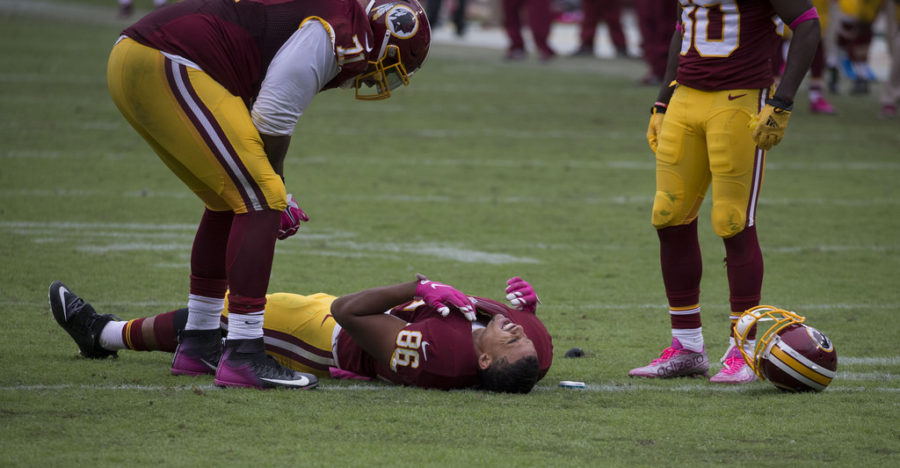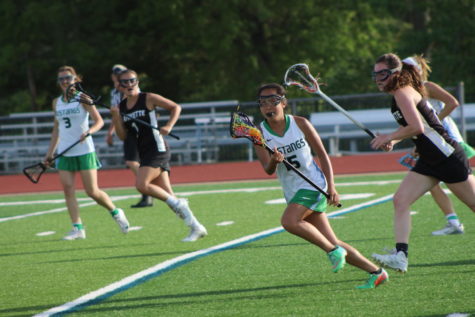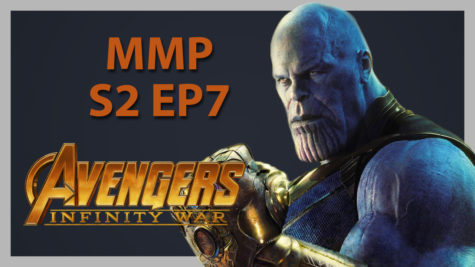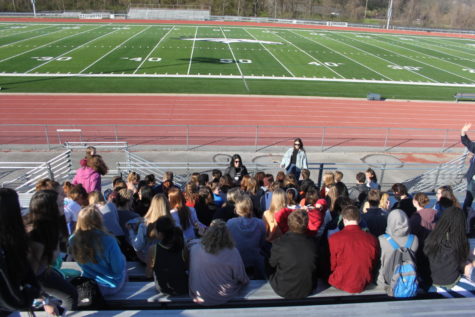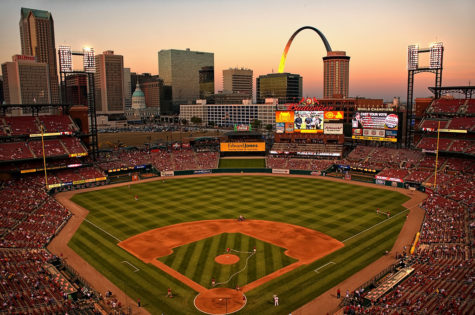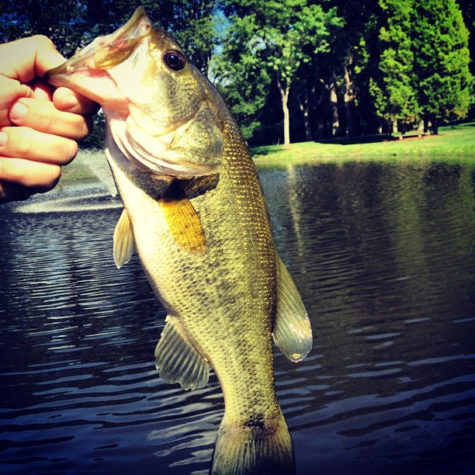The NFL Concussion Problem
For the second time in two seasons, Cam Newton is at the center of the NFL concussion controversy. During an NFC Wild Card game, Newton took a nasty hit that left him shaken to the point that he was barely able to stumble off the field. Return seemed impossible, until Newton miraculously trotted back on the field just a couple minutes later.
And that right there is the problem. Newton returned to the game after receiving an obvious head injury risking further injury to the brain.
Even after a large revision to the concussion protocol in late December, teams are still finding a way to keep their players in the game. Earlier during the regular season, Russell Wilson, Seahawks quarterback, ducked inside the medical tent for only a couple of seconds, according to CBS. He completely skipped the medical tent, one of the more crucial steps of the concussion protocol. The Seahawks were fined but, nonetheless, Wilson still skipped it and was able to win his team the game.
As it stands right now after the December revision, the protocol forces any player that shows “observable symptoms” of a concussion to go to the locker room and not return to the game, according to SB Nation. These symptoms include loss of consciousness, visible injury to the face, blank or vacant looks, among many others. In addition to that, there are medical personnel on the sideline who ensure the protocol is followed, and every player with concussion symptoms is taken out of the game.
Yet Newton, Wilson and several other players returned to the game. These players continue to take hits after showing concussion symptoms, leaving them even more vulnerable to countless other injuries on top of a nastier concussion. And for what? A win? More revenue? Nothing that protects the mental health of their money-makers that’s for sure.
Worst of all is that players aren’t getting just one concussion through their whole career. Many will suffer from multiple and that’s scary. According to the New York Times, a study determined that 110 out of 111 former NFL players’ brains had Chronic Traumatic Encephalopathy (C.T.E.), a “degenerative brain disease” connected to “repeated blows to the head.” A punter and placekicker were included in the 110, which are considered the safer positions of the game. No one is safe, apparently.
To be fair, the NFL has taken many steps to try and combat the worsening issue of concussions. Forcing players with any sort of concussion symptoms to leave the game is fantastic, but teams have still managed to dodge the rules. Another issue is the protocol might stop further injury during that game, but not for future games. It does a lot of good, but in the long run, it’s hard to say. Taking a player off of the field for a game doesn’t take off the blows to the head of a career.
Helmet technology can only do so much. No matter how amazing the future of head protection will be, the grim reality of American football is that concussions and brutal injuries will happen. There’s really no way to avoid it. The NFL is doing almost everything they can. Almost.
So, with all that said, where do we go going forward?
We the fans must think of the players’ futures. Not just their present. Set a specific limit on how many concussions a player can take in a career. You might lose a star and some serious revenue, but to me, it’s worth it. Losing Ben Roethlisberger (who has expressed the horrifying reality of his probable post-career C.T.E.) is nothing compared to him losing countless years of his life. Losing some revenue is nothing compared to the mental health of those providing the means for billions in revenue.
It starts with us the fans, too. We are the consumers. We decide their success. With the voice of the fan we can help the problem. Vocalize the issue. Express our concern. We can literally lengthen the lives of these athletes. All it takes is a voice to start it all.
The NFL must think of it’s players. These players give their lives to the sport. They love the sport, the least the NFL can do is love them back.
Your donation will support the student journalists of Marquette High School. Your contribution will allow us to purchase equipment and cover our annual website hosting costs. You may become a PATRON by making a donation at one of these levels: White/$30, Green/$50, Blue/$100. Patron names will be published in the print newsmagazine, on the website and once per quarter on our social media accounts.

Ethan Hill, senior, is a Staff Reporter. Outside of writing for the Messenger, Ethan runs cross country and plays tennis for Marquette. In his free time...



